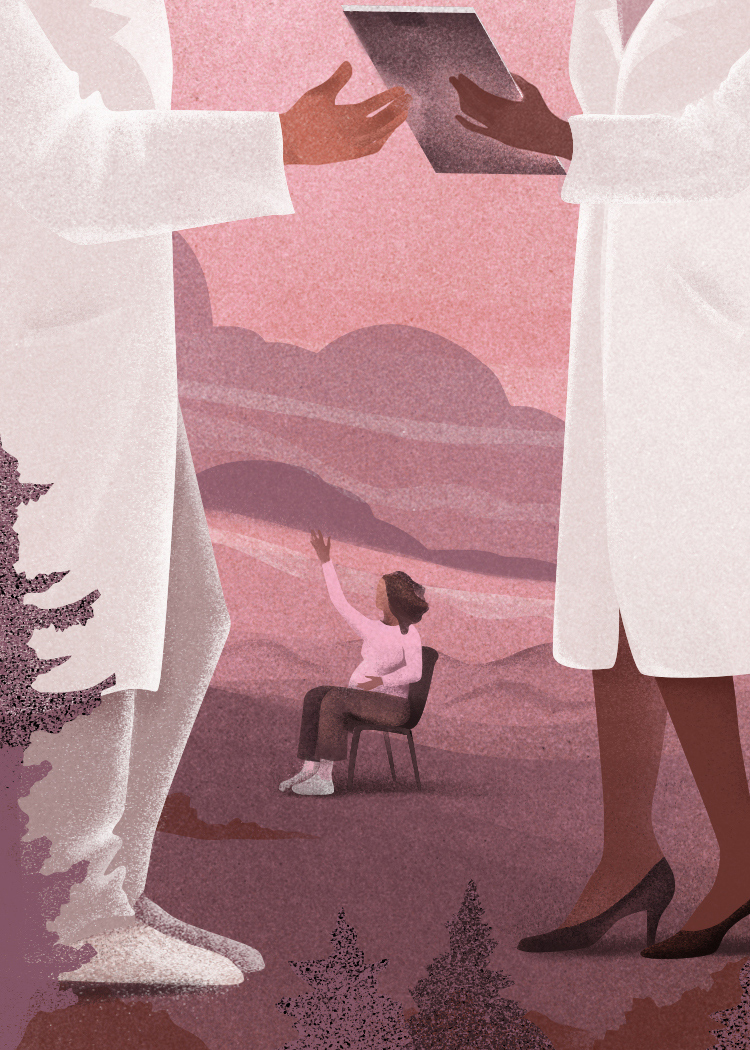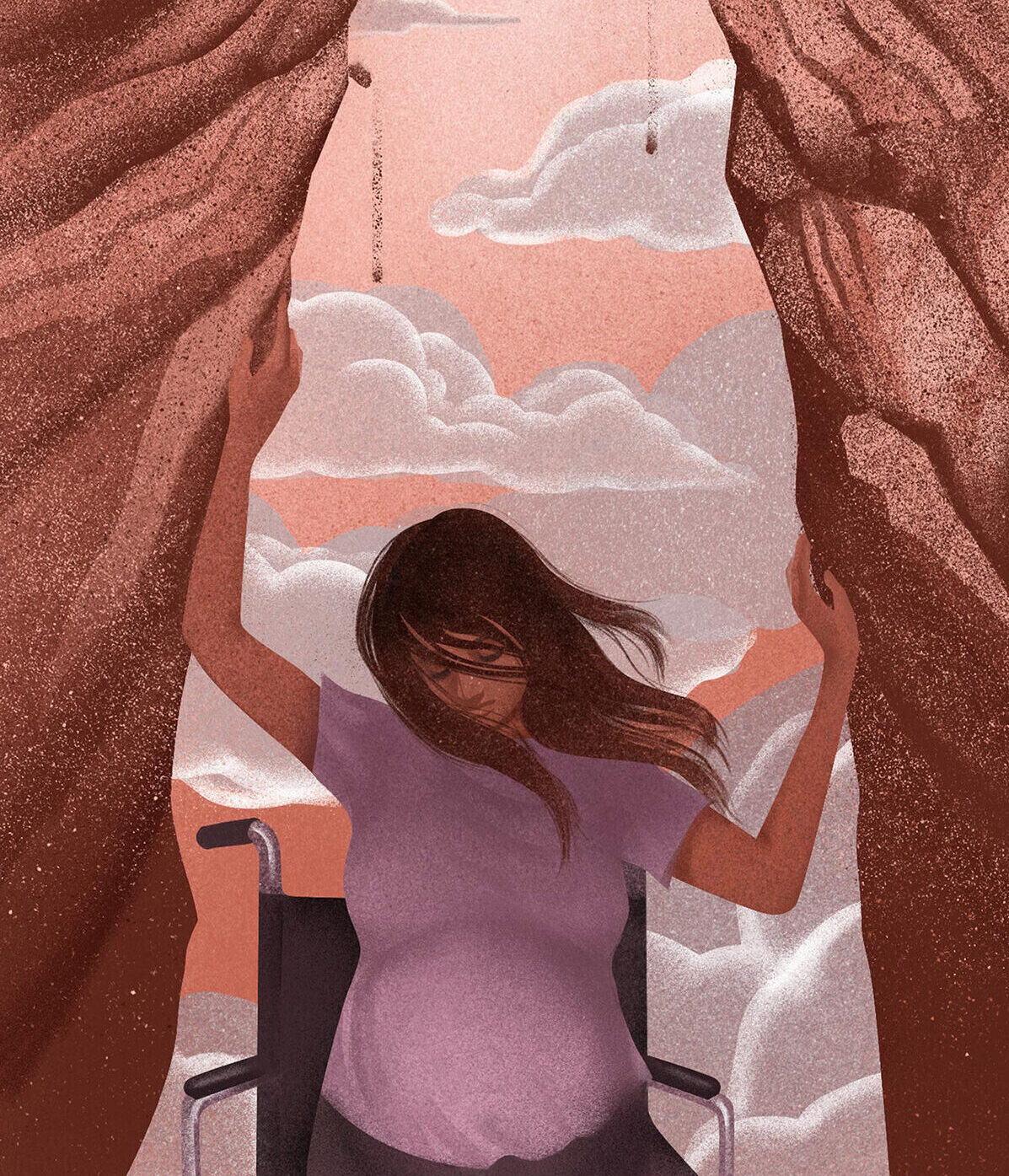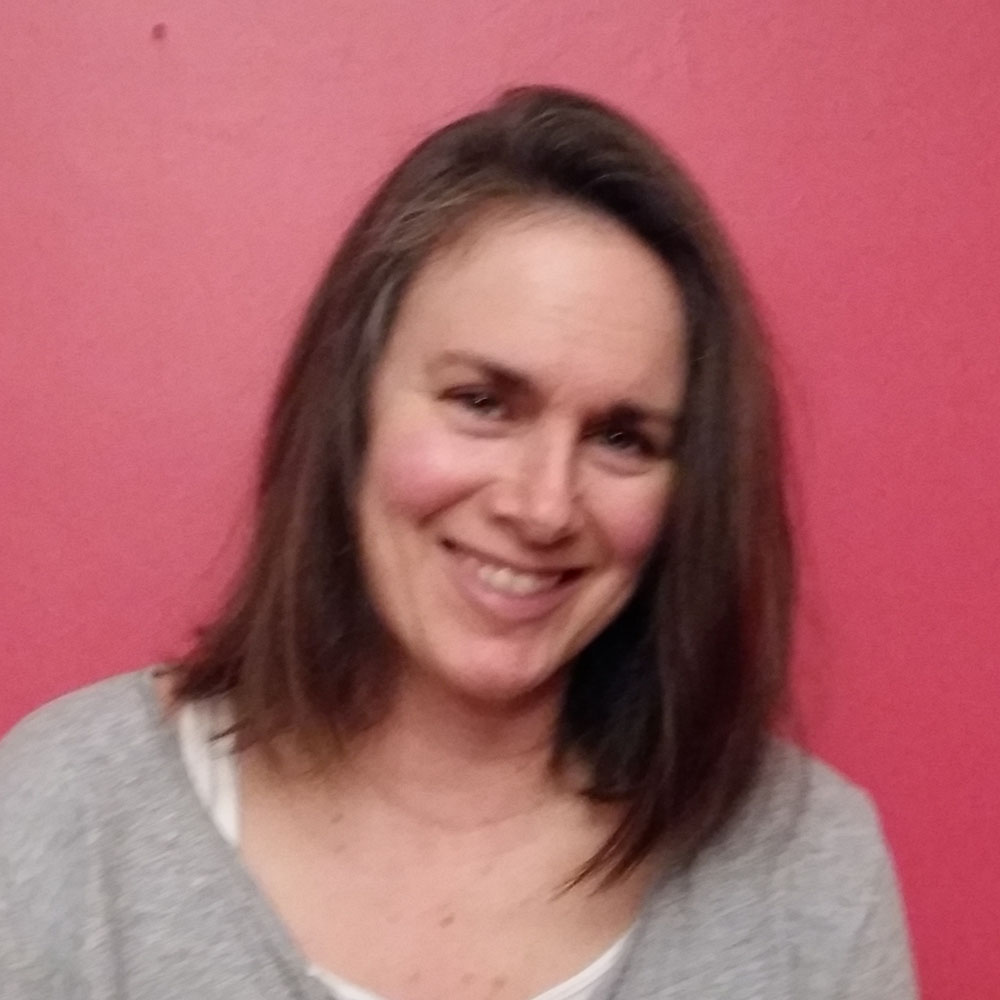At one of Wendy Porch’s early prenatal appointments, her doctor reached over, yanked up the sleeve of her medical gown and said to an accompanying resident: “As you can see, she was born with this deformity. But we think she’s going to be a great mom.”
For Porch, it brought back bad memories of what it was like to be a child with a disability in Ontario. Once a year, she was made to sit in front of her X-rays, while medical students got to look at and sketch the way her left hand and right arm had missing parts – as though she was a specimen. “And here I was feeling very vulnerable and, like any mom-to-be, excited and scared,” says Porch, who is now the executive director of the Centre for Independent Living in Toronto. Suddenly, she was back in that room again. “There is a need for a better understanding of how to support disabled parents,” she says.
People with disabilities are more likely to have a child these days than previously: about one in eight Ontario births are to people with physical, sensory or intellectual disabilities, according to Hilary Brown, an associate professor in the department of health and society at U of T Scarborough. That’s around 13 per cent of all births in the province, up from nine per cent in 2003. The increase is partly due to medical advances. But it is also due to a legacy of forced sterilization and institutionalization, which kept birth rates for people with disabilities artificially low.
Despite growing numbers, however, our health-care system has been slow to respond, says Brown, who has been studying the intersection of pregnancy and disability for more than a decade.
Looking at health data from 2003 to 2018, Brown determined that, in Ontario, people with disabilities are more likely than non-disabled people to die or have something go seriously wrong during pregnancy, childbirth or the postnatal period.1 They are also more likely to become depressed, less likely to breastfeed and less likely to get adequate postpartum follow up. Their babies fare worse too: they are more likely to be born early, to be born small and to spend time in the neonatal intensive care unit.
To better understand why this is happening, Brown and her colleagues interviewed 31 individuals about their experiences of pregnancy, childbirth and its aftermath. Fourteen interviewees had physical disabilities; seven had intellectual or developmental disabilities; and four had two or more of these. Eighteen of the people interviewed used assistive or communication devices regularly.

The research team found that, as Porch’s experience shows, problems can start early. When one woman told her doctor that she had just discovered she was pregnant, the doctor looked at her wheelchair, looked at her, then asked, “Are you here to get an abortion?” The woman was stunned. She and her husband had been trying to get pregnant for a year and were excited about having succeeded.
Another woman’s doctor questioned her ability to parent because of her blindness. The doctor turned to her husband and said they would have to find someone else to take care of the child, because how could this blind mother tell, for instance, if the baby turned blue? The doctor suggested that child protective services might even remove the child from their home. The woman, an immigrant, considered going back to her home country and raising her child there.
Brown’s team found that most doctors, nurses and other health-care providers had received little or no formal training in treating pregnant people with disabilities. What training they did have regarding disabilities was how to prevent them. “That’s a problem,” says Brown.
There were also various accommodations that could have made a huge difference but were not there for patients who needed them. One Deaf patient told the researchers about how she thought her doctor had told her she would have a miscarriage. Because she had no American Sign Language interpreter – which the doctor was obliged by law to provide but hadn’t – she had misunderstood. Another patient, who had an intellectual disability, described not understanding the medical words doctors used. Then there was the patient who was blind and had developed gestational diabetes, so had to test glucose levels four times a day – using a tool that was entirely dependent on vision to interpret.
There were inaccessible bathrooms and inaccessible examination tables. One woman, in order to be weighed, had to be lifted like a baby by her husband, so they could be weighed together and then have his weight subtracted. “There were these really kind of infantilizing, uncomfortable situations that could have been avoided through accessible equipment,” says Brown.
On the positive side, Toronto is home to the Accessible Care Pregnancy Clinic, at Sunnybrook Hospital – one of very few clinics of its kind in North America. But Brown laments that there are still few clinical guidelines in the province on caring for people with disabilities during pregnancy. She points out that in addition to having accommodation needs, people with disabilities tend to experience higher rates of poverty and greater barriers to education and employment, so they are likely to enter pregnancy with poorer overall health than others. “It’s not necessarily because of the disability, but because of all the social things that go along with that,” she says.
“So much research is dedicated toward disability in children,” says Brown. “But kids grow up. And they want their own families. Where are the supports for that?”
In the bigger picture, Brown says more should be done to promote the health of people with disabilities generally. “Their health care is almost entirely focused on their disability,” says Brown. This means they are not screened as often for cancer, not offered advice on family planning or contraception, or provided with guidance for diet and exercise. The result, says Brown, is “your broader needs are neglected, and you enter pregnancy with more risk factors that could have been avoided.”




One Response to “ Expecting the Best, Receiving Less ”
Thank you so much for this article! I wasn't aware of this statistics and hadn't thought about this. I was a pediatric physiotherapist, now retired. I agree more is needed to be done to support all who wish to have children.